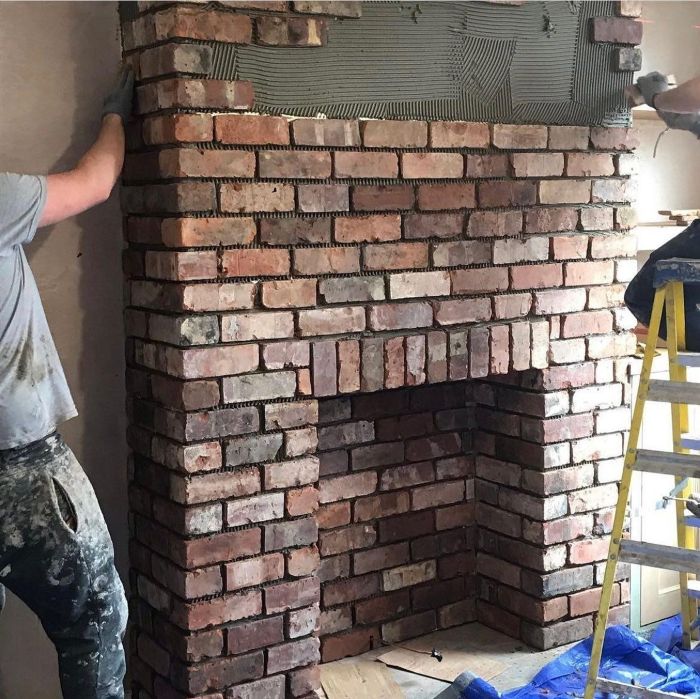Following an independent review and a consultation a new definition of fuel poverty has been set out to ensure support is targeted at those who need it most.
A household will be defined as ‘fuel poor’ if its:
- Total income is below the poverty line (taking into account energy costs); and
- Energy costs are higher than typical.
The decision to adopt a new definition follows positive responses to a consultation launched in September last year and an independent review of the current definition by Professor John Hills of the London School of Economics (LSE), published in March 2012. The current definition of a ‘fuel poor household’ is that a household would need to spend 10% of their income on energy a year.
Ministers have accepted independent expert advice that the current fuel poverty definition distorts our understanding of the problem as, at times, it can capture some rich households while overlooking others that are struggling with their energy costs.
Government has today introduced amendments to the Energy Bill to set a new target for fuel poverty. It is proposed that this will focus on ensuring that fuel poor households attain a certain standard of energy efficiency in their home by defining an average or a minimum standard for energy efficiency for fuel poor households.
Alongside this we have set out how the new definition will help us to shape fuel poverty policies to ensure that support is better targeted at households that need it the most.
Edward Davey, Secretary of State for Energy and Climate Change, said: “I am determined to tackle the scourge of fuel poverty and help hard-pressed consumers across the country.
“In the past, action to tackle fuel poverty has been held back by how the problem has been defined. This made it difficult to deliver help to the people who need it most.
“The new definition, together with the amendment that we are making to the Energy Bill, will ensure a focus on the households that are at the heart of the fuel poverty problem. That’s those with both low incomes and high energy costs.
“Our new strategic framework sets out how we can use this new definition to target our resources in the most effective way.”
Greg Barker, Minister for Energy and Climate Change, added: “We are doing all we can to help hardworking families and vulnerable people with the rising cost of living. That’s why the Chancellor announced the extension of the Warm Home Discount scheme to 2015/16, taking £320m off the nation’s energy bills.
“Despite the recent modest fall in the numbers of households in fuel poverty, there is still an unacceptably high number of people living in cold, damp, unhealthy conditions. That’s why we must take a new approach to fuel poverty, with energy efficiency at the heart.
“I am determined that we use new schemes like the Energy Company Obligation to target those who need support the most, and that’s what our new approach to fuel poverty will help to achieve.”




















